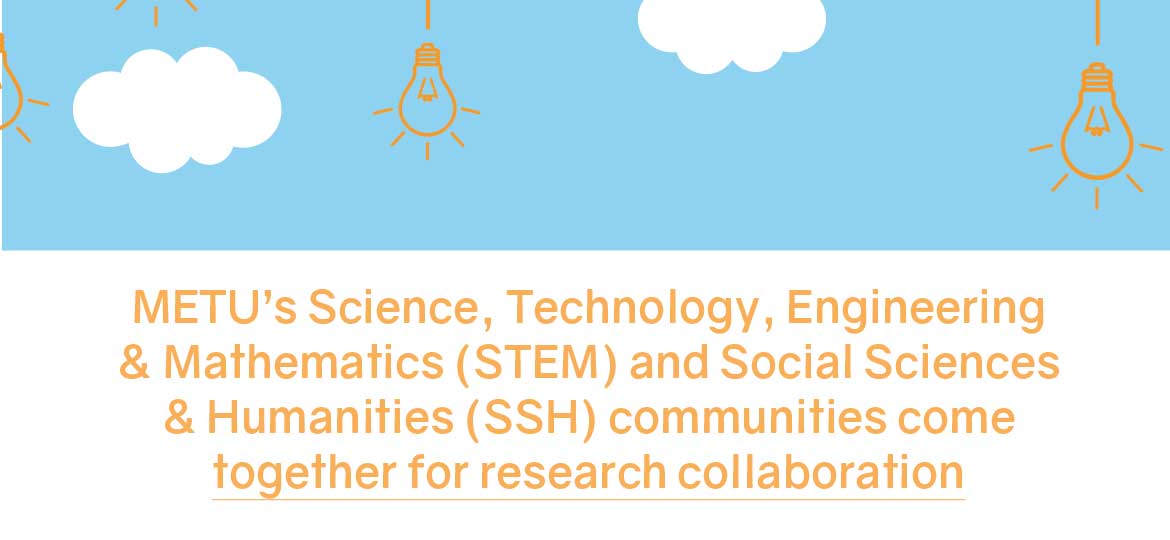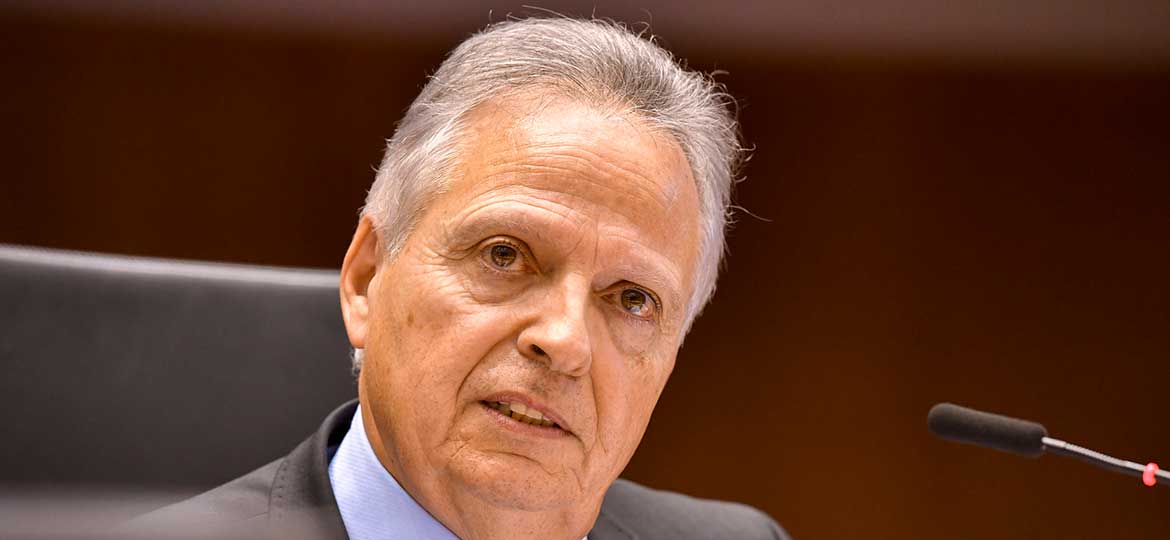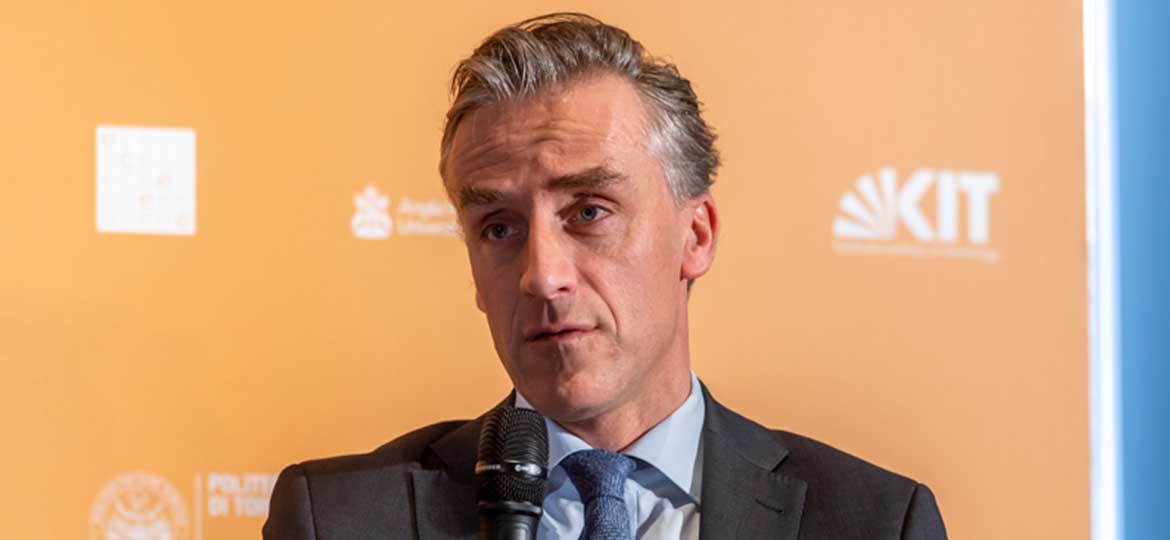On the 22nd February, our project partner Energy Cities and Lisboa E-Nova (Lisbon’s Energy and Environment Agency) co-organized a SHAPE ENERGY workshop covering the topic: “Innovative Financial Mechanisms to Support Energy Efficient Building Retrofit”.
The event gathered 26 stakeholders from a broad spectrum of origin: local and national authorities, engineers and architects, citizens and financial sectors sat around three tables to discuss, agree and disagree in the above-mentioned topic. This storytelling event was preceded by an informative session within the framework of an Interreg Sudoe project – Rehabilite.
Given the specificity of the topic selected to discuss and collect a common final story, participants felt the need to address a topic that is upstream and causing pressure to the selected one. The general housing problem that Lisbon is facing due to the increasing of the market price, both for selling and renting, and the resulting population loss, from the city centre, due to the increasing touristic boom experienced in the last decade.
In what regards the refurbishment practices and the access to the innovative financial mechanisms (eg IFRRU), the main topics addressed covered the:
– Lack of knowledge from building owners to construction companies in what regards energy efficiency measures and its benefits
– Lack of capacity for the initial costs coverage demanded by financial institutions
– Unclear refurbishment ordinances
– Poor governance between different levels of the organisation and funding bodies
– Heaviness and complexity for applying to financial mechanisms
– Real state pressure towards tourism and lack of diversity in the recent investments for housing use, in what regards the most recent refurbishment
– Increasing housing price (both renting and selling)
– Condominium’s complex legislation and difficult decision-making process
– Cultural and architectural heritage heavy regulations
Public and private large organisations have typically very formal, hierarchic and vertical ways of communicating. This results many times in weak and non-effective cross-organisational communication, which efficacy can be lost in the heavy bureaucratic nets of the organisations. Improving the communication channels between organisations and making it more agile, are essential for fostering new partnerships between organisations and spurring governance systems.
By Francisco Gonçalves from Energy Cities, one of the facilitators of this workshop.







